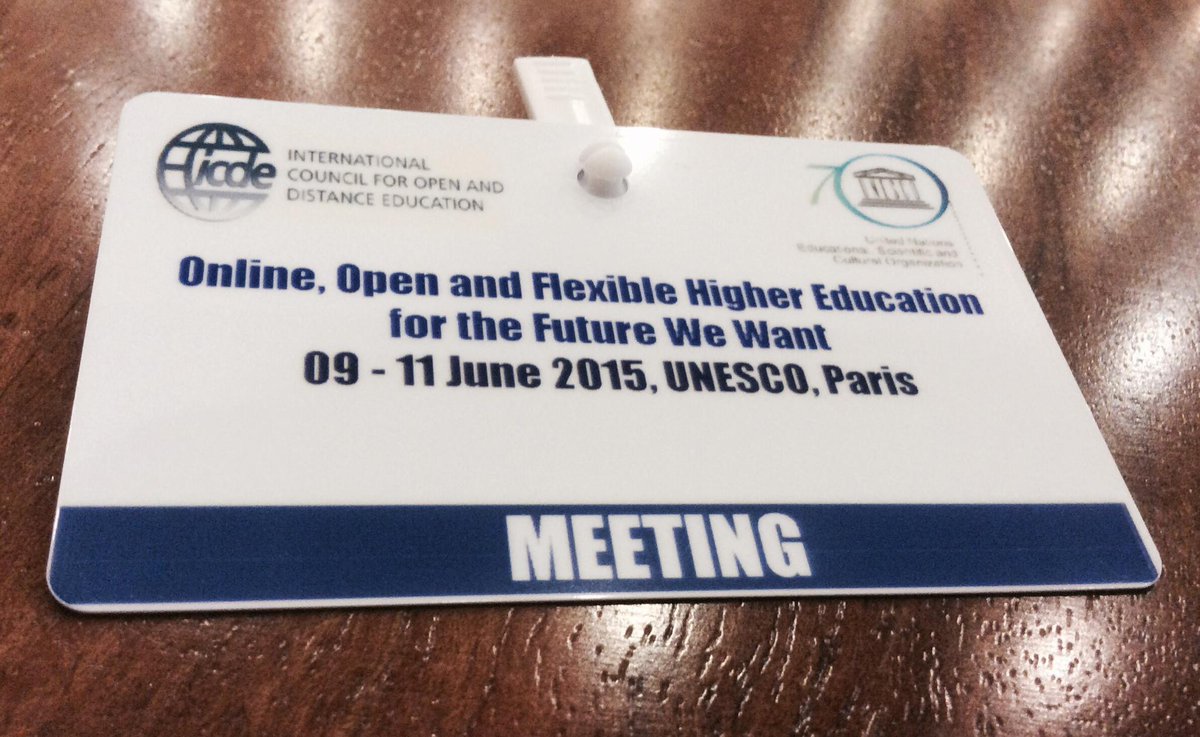Here is an article i wrote for the NZ School Trustees Association about the VLN Primary School. It gives a pretty good snapshot on who we are and what we do:
"At a time when schools are increasingly stretched to find the resources to provide a broad and relevant curriculum for students, they are also being challenged to become more collaborative and future focused. We are on the cusp of major changes both politically driven through IES Communities of Schools and technologically driven through the N4L managed network for schools. There is a drive to harness the power of technology to change the way we learn, make learning more student centred and personalised and for collaboration across schools. How are schools meeting these challenges? With a deluge of ipads, the ‘appification’ of learning (there’s an app for that), should we have 1-1, BYOD, Chromebooks, Google, Microsoft, Wireless, have we been snupped, when do we get on to N4L? We are getting close to the point where technology is ubiquitous, a utility like power or water. Schools need to look beyond the digital network and environment to the people network that connects and learns in that space.
The Virtual Learning Network (VLN) Primary School has as its’ tagline “Connecting Schools for Enhanced Learning Outcomes”. It is a people network collaborating online and dedicated to providing equity and access to learning opportunities for New Zealand students. It aims to connect schools through a collaborative online network (the virtual school) in order to open up access to specialist teachers, share the best of our teaching strengths, and to build professional capability that enables schools to become more flexible and open places of learning for our children. It began as a school cluster hosted within Matapu School, South Taranaki, and has evolved into a Charitable Trust led by school leaders and virtual learning advocates. It is partly funded in partnership with the MoE and contributions from participating schools.
The VLN Primary School builds on work that has been developed in the schooling sector, over the last nearly 20 years where programmes have been provided ‘virtually’ through online classes & projects taught by NZ based teachers. Approximately 80 primary schools and 1000 students have participated in the VLN Primary School to date since 2009. Learning opportunities are developed through the needs and strengths of the schools themselves and eteachers and tutors are provided by schools themselves or contracted into the network.There are regular weekly scheduled classes for extension maths, literacy, science, Astronomy and a wide range of languages - Te Reo Māori, Mandarin, Spanish, French, Cook Islands Māori, German, Japanese, Afrikaans, Korean, Bahasa Indonesian and Tagalog.
In addition to this the ‘Over the Back Fence’ run by Rosmini College, has regular connections with schools in NZ, Pacific, India & globally focussing on Health & Environmental topics. Our Rural & Remote Schools Project brings together schools from Stewart Island, Great Barrier, Eastern Taranaki & Wairarapa with the goal of reducing the social isolation of these distributed students, giving them opportunities to learn alongside peers their own age and preparing them for leaving their districts to go to High School. There is a great opportunity to build on this project to extend the benefits to many other small and isolated schools, but sustainability of resources has prevented us from scaling up this very successful project.
Participation in the VLN Primary School gives students a voice and choice in what they learn, how, when and where they learn, and who they learn with; regardless of their geographical location and economic means. It aims to provide teachers and school leaders across networked schools with professional learning and support to enable them to develop as future focused learning organisations. When you next think of your school network, think beyond the technology to the people network and how your school can become connected to an online community of learners."












